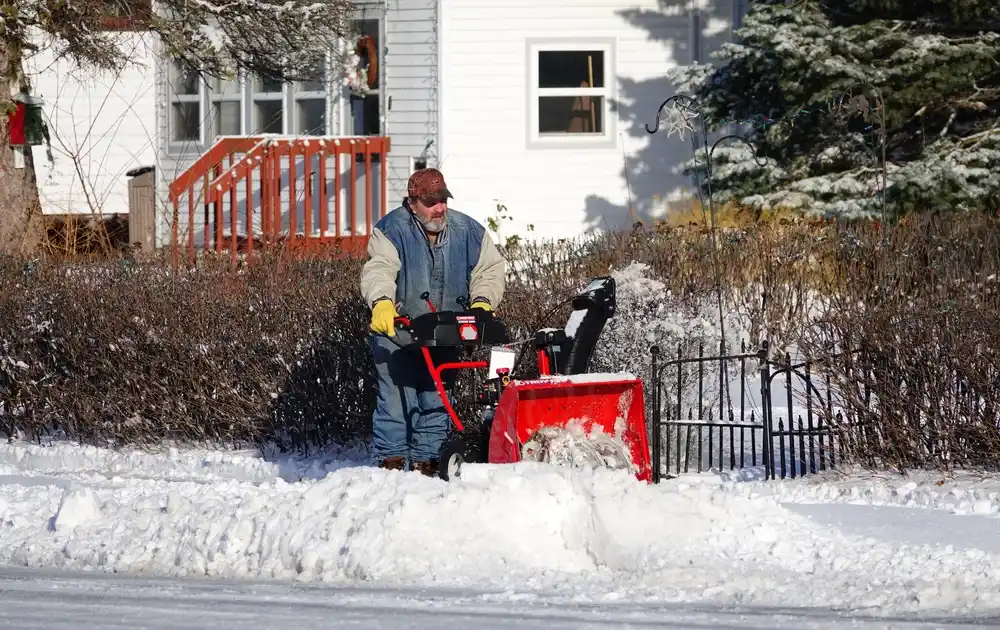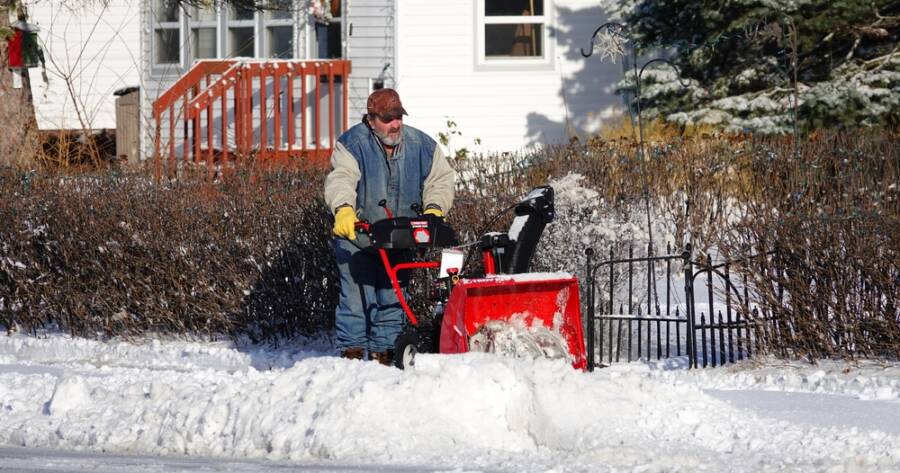- There are 50 states to consider, so picking the right state to retire to can be overwhelming.
- But to make the decision easier, we’ve rounded up the 10 toughest states for retirees.
- Before moving, consider things like the weather, taxes, and how close it is to friends and family.
As you plan for retirement, deciding where to live is one of the most crucial choices you’ll make. The decision involves considering the proximity to loved ones and the typical weather. It also involves researching the cost of living and taxes.
Does the state have brutal winters? Is retirement income taxed? Those are just a couple of the things you’ll want to know. One way to find your ideal retirement spot is to eliminate the states that don’t meet your expectations. With this in mind, here are the toughest states for retirees.
Alaska
You might think the weather is what makes Alaska tough for retirees, but that’s only part of it. The state’s remote location makes it challenging to visit family and drives up the prices of goods. Unless your family’s also in Alaska, seeing them likely involves a long, pricey plane ride.
Since Alaska is isolated, “prices for things like bleach, coffee creamer, bell peppers, and coffee are three to four times what they cost” in the lower 48 states, according to Eat This, Not That! And then there’s the winter. Travel Alaska says temperatures can plunge below -30° F.
 Shutterstock
ShutterstockHawaii
Hawaii is the opposite side of the same coin. On the one hand, Hawaii is a tropical paradise. Many retirees surely enjoy the breathtaking scenery and beautiful weather. But like Alaska, it’s far away from the rest of the country. As a result, basic household goods and groceries can be expensive.
In fact, Kiplinger says the cost of living is 87% higher than the U.S. average. And visiting loved ones likely involves significant travel expenses. That said, the source says health care costs are “11.4% below the national average.” Nevertheless, Hawaii is a tough state for retirees on a tight budget.
 Shutterstock
ShutterstockWisconsin
As you might imagine, Wisconsin has frigid winters. The Wausau Daily Herald says winter temperatures dip below -30° F — without wind chill. And that’s not to mention the snowfall. According to Best Places, the state gets an average of 47.6 inches of snow. The U.S. average, by comparison, is 27.8 inches.
That means lots of shoveling snow from sidewalks and driveways. Plus, Kiplinger says Wisconsin taxes distributions from IRAs and 401(k) plans as well as income from pensions and annuities. And the state has the sixth-highest property taxes in the nation, according to the source.
 Shutterstock
ShutterstockLouisiana
While you won’t freeze in Louisiana, you might melt. As WeatherSpark puts it, “summers are long, hot, and oppressive.” Plus, “the comfort level is muggy, oppressive, or miserable” for about six months of the year. And don’t count on running the A/C for cheap. The state was once known for low electric bills.
But The Advocate says electricity costs are predicted to rise 40% over the next decade. So, retirees on a budget will feel the squeeze. And the state doesn’t rate well for health care. Yahoo says, “you’ll pay some of the highest monthly premiums on insurance, while health care access and outcomes score below average.”
 Shutterstock
ShutterstockIdaho
You may have heard that Idaho is an affordable place to retire. While the state is known for low taxes, the current housing market makes it an expensive place to relocate. According to FOX6 News, Moody’s Analytics says four of the top 15 overvalued housing markets are in Idaho.
Homes are overpriced by 73% in Boise, 56% in Coeur d’Alene, and 49% in Idaho Falls and Pocatello. Ouch. Patrick Malone, president of Idaho Realtors, told the Idaho State Journal, “There are no affordable houses in Idaho.” Unless you can swing exorbitant home prices, you may want to look elsewhere.
 Getty
GettyCalifornia
On the surface, California might seem like an ideal retirement spot. The weather is warm and sunny. There are countless beaches and wineries to explore. However, it’s among the country’s most expensive places to live. According to MoneyWise, “the cost of living is a whopping 52% above the national average.”
Let’s dig into some of the expenses California retirees face: the American Petroleum Institute says the state has the nation’s highest gas tax and Zillow says the typical home value is $800,172. Plus, there are natural disasters to consider. Unfortunately, California deals with wildfires, earthquakes, and droughts.
 Shutterstock
ShutterstockIllinois
While Illinois “doesn’t tax distributions from 401(k) plans, IRAs or pensions,” according to AARP, that doesn’t mean it’s affordable for retirees. MoneyWise says, “Property taxes are nearly triple what you’d pay in next-door Indiana.” According to the source, sales taxes are also high.
And much like Wisconsin, winters are tough. Chicago, for example, experiences frigid winds because of its location on Lake Michigan. And Choose Chicago says the city gets an average annual snowfall of 37 inches. So, retirees have to drive icy roads and shovel snowy driveways.
 Shutterstock
ShutterstockWashington
Whether you’re eyeing Western or Eastern Washington, the state has weather conditions retirees should consider. The west side is often rainy, so it isn’t a great fit for those who don’t do well in damp climates. Take Seattle, for instance. The Weather Channel says the city “experiences an average of 152 rainy days a year.”
And the east side gets cold and snowy in the winter. Visit Spokane says the city receives an average annual snowfall of 44 inches, for example. Additionally, Washington is expensive. Yahoo says housing, health care, and sales taxes are high. It also has a pricey gas tax, according to the American Petroleum Institute.
 Shutterstock
ShutterstockConnecticut
“Connecticut is the fifth-highest-taxed state in the country,” according to Retirement Living. And it’s especially expensive for retirees. With some exceptions, the source says Social Security benefits are taxed. And Kiplinger says Connecticut has the third-highest property taxes in the nation.
Plus, the state imposes an estate tax and a gift tax, according to the source. On the plus side, PRB says 18.2% of the state’s population is 65 or older. So, retirees may like that the population veers older than some states. Unfortunately, it takes a large nest egg to make Connecticut a sound retirement choice.
 Shutterstock
ShutterstockNew York
If you have deep pockets, then New York can be a fun place to retire. But otherwise, it’s going to be financially tough to swing. Despite some tax breaks for retirees, Kiplinger says property and sales taxes are burdensome. For instance, the source says New York’s combined sales taxes can reach 8.52%.
And should your health or mobility become an issue one day, then you’ll need a large enough nest egg to cover expensive nursing home costs. The state’s Department of Financial Services says nursing homes can cost anywhere from $96,360 to $142,350 per year, depending on where you live.
 Shutterstock
Shutterstock







